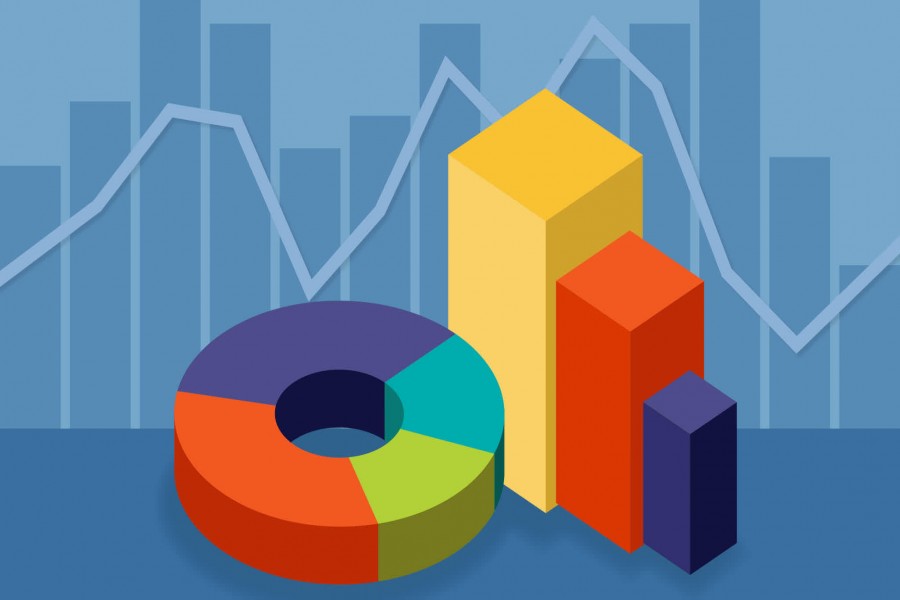
Published :
Updated :

From the perspective of gross domestic product (GDP)-centred growth, Bangladesh has indubitably made impressive advances with the turn of the century. But the challenge is to sustain the growth so far achieved and take it further. The issue has gained added importance in the run-up to the country's upcoming graduation from its current LDC status and move further forward to an upper-middle-income economy as it had already earned the lower middle-income status in 2015.Against this backdrop, economists and other experts from home and abroad at a recent public lecture in the city stressed the state's effectiveness in delivering high quality public goods as the key driver for the economy's continued growth. This brings one to the issue of developing the state institutions' capacity to provide quality service in a sustained manner. In that case, the state should be the enabler for the private sector to unlock its potential for growth, enhanced productivity, innovation and adaptability to the challenges of the ongoing technological transformation.
Admittedly, the striking growth rate that the economy could demonstrate earlier and draw the world's attention had a lot to do with factors including its large home market, a robust demographic dividend, garment exports, resilient remittance inflow even during the pandemic and a more or less stable macroeconomic condition. But, of late, the growth tempo has been attenuated for reasons of both international and domestic nature. In fact, data show that GDP growth rate has slowed down. Similarly, the job growth is on a declining curve and the export's contribution to the GDP is also shrinking. The most concerning of all is the inflation rate which since mid-2022 has been stubbornly persisting at a high level. These are evidently the roadblocks to the economy's transition to the next level as an upper middle-income economy. It is exactly at this point that the necessity to look beyond what the economy already enjoys as something guaranteed arises. For instance, Bangladesh's tax-to-GDP ratio which was 7.6 in 2021 and is still less than 8.0 needs to improve seeing that it is much below the average of 10.7 for the middle-income countries. Obviously, the tax system is in need of a major reform to make it broad-based and taxpayer-friendly. In other words, the state's revenue organ will be required to provide quality service so the public's trust in the revenue system is increased and they are encouraged and incentivised to pay taxes. Needless to say, the existence of necessary checks and balances in the revenue regime helps augment the public's trust in it. At the same time, enforcement of law is also important and to that end the government would do well to take advantage of technology and information.
Other areas that demand attention include diversification of the export basket and increase in foreign direct investment (FDI) which are a sine qua non of an economy resilient to external shocks. Now to face the upcoming challenges, increasing quality of education would be another priority to stimulate productivity and narrow down human capital gap with other nations in the region.
Putting together the required human and material resources is unquestionably the first step towards the envisioned higher economic growth. At the same time, robust adaptation measures and investments should be at the top of the agenda to preserve the economy's resilience in the face of any risks and shocks of climate-change origin.


 For all latest news, follow The Financial Express Google News channel.
For all latest news, follow The Financial Express Google News channel.